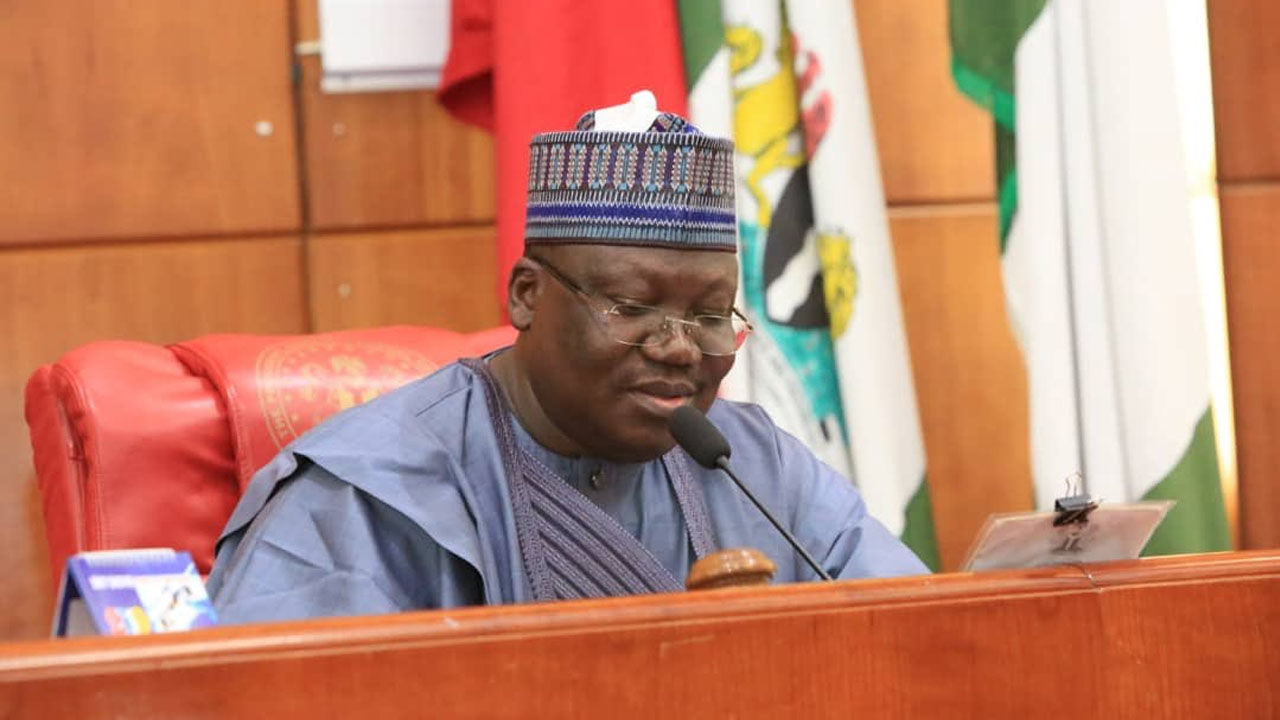More than 100,201 Nigerians, including over 35,000 civil servants, have benefited from the Nigerian Consumer Credit Corporation (CREDICORP), an initiative established by President Bola Tinubu to expand access to affordable consumer credit across the country.
The initiative, which was launched as part of President Tinubu’s economic reform agenda, aims to democratise access to credit and improve quality of life by enabling responsible and affordable borrowing.
Goods and services accessed include vehicles, solar home systems, digital devices, home improvement items, equipment and machinery, and other essential consumer items.
According to CREDICORP, a remarkable 64 per cent of the beneficiaries are first-time credit users, a significant breakthrough in a country where access to formal credit has historically been a challenge for average citizens.
“This credit changed everything for me,” said Aisha Yusuf, a teacher in Kano who was able to purchase a solar power system for her home. “We used to suffer frequent blackouts. Now my children can study at night.”
Civil servants across the nation have also hailed the programme as a timely intervention. “I got a laptop and a motorbike. This has boosted both my side hustle and my official productivity,” said Chinedu Okafor, a public officer based in Enugu.
According to Special Adviser on Media and Public Communication, Sunday Dare, the initiative aligns with President Tinubu’s broader economic vision to boost local production, fight corruption by reducing the desperation linked to lack, and empower ordinary Nigerians with tools for a better life.
Writing on his X-handle: @SundayDareSD, the Presidential media aide on Wednesday, noted that by expanding consumer credit responsibly, the administration hopes to stimulate domestic demand and support local industries.
“This isn’t just about loans,” said Dr Salisu Abdul, Managing Director of CREDICORP. “It’s about unlocking the dignity and potential of millions who were previously excluded from the formal credit system.”
As Nigeria continues on its path of economic transformation, officials say initiatives like CREDICORP are steps toward financial inclusion and national development.






